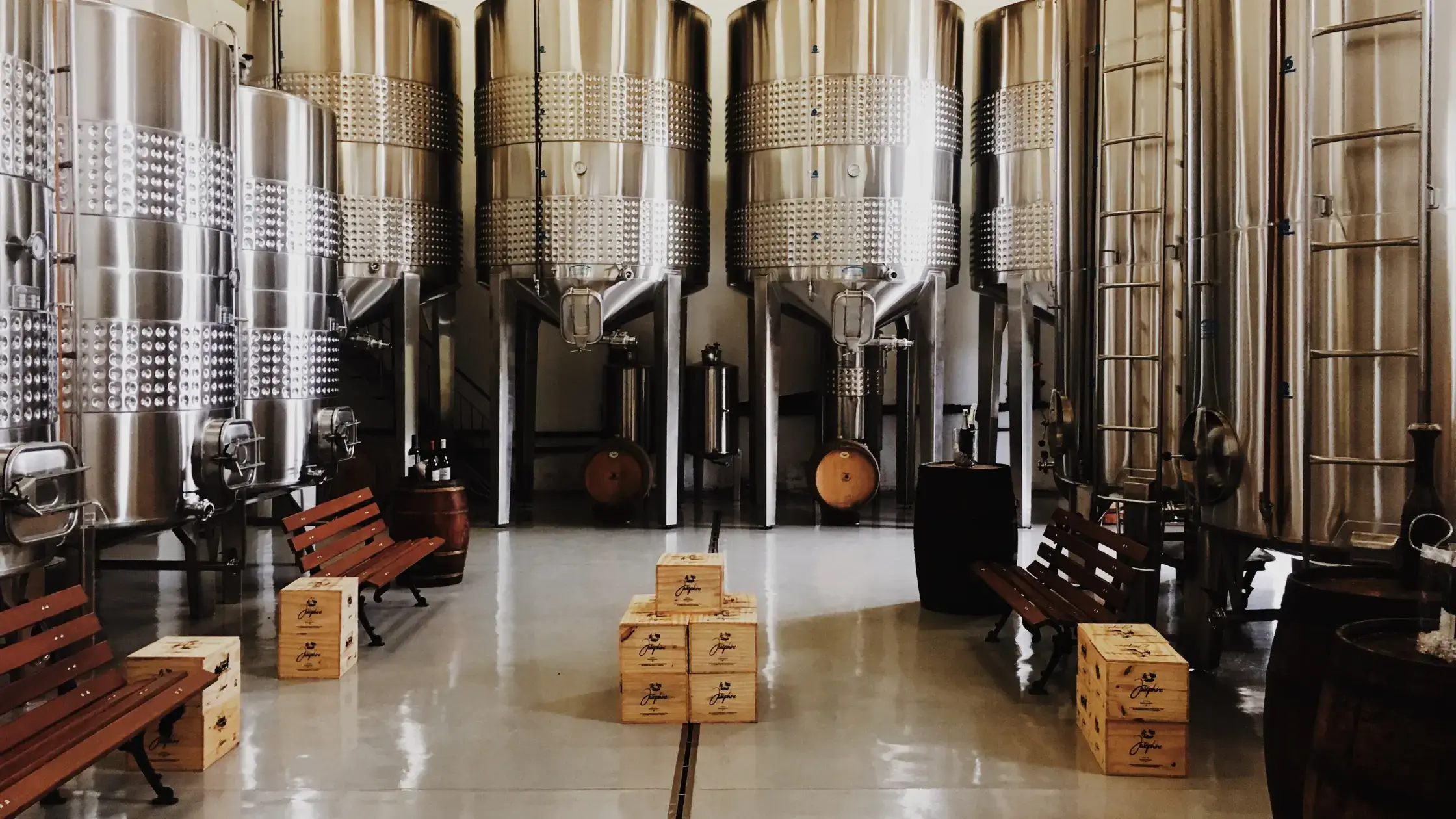Starting a brewery or distillery may sound like the ideal job for beer lovers. Craft beer allows for a certain level of experimentation and creative input that mass-produced beer simply can’t match.
However, as a beer entrepreneur, it’s not about trying new brews and mixing hops. There’s much more to this kind of work and the business sectors it falls into.
If you’re intrigued, keep reading. We will share a few of the unexpected elements of working with beer. But before we begin, we must discuss the difference between a brewery and a distillery.
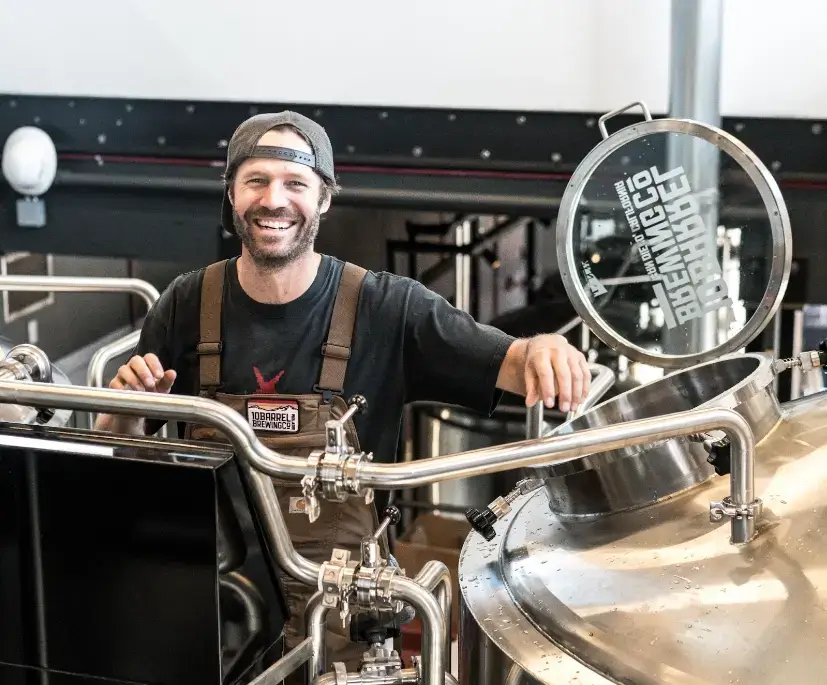
Is a Brewery the Same as a Distillery?
The short answer is they are different, but many breweries worldwide also double as distilleries.
If you plan on working in the beer industry, it’s crucial that you distinguish between the two main methods of beer creation. That is where the major difference lies between breweries and distilleries—the method of beer production.
The main difference between brewing and distilling beer is that in a distillery, the alcohol is often removed from the beverages.
It’s then only re-added during the distillation phase. Brewing simply involves the mashing up of barleys and starches and the adding of sugar and sweeteners to create the perfect flavor.
How to Start Your Brewery or Distillery
- Choose a niche
- Develop a strong stomach
- Brewing is not glamorous
- There is lots of cleaning
- Get a proper brewing education
- There are many different types of brewing degrees
- Start in the taproom
- Some of your brews will fail
- Admin work is required
- You'll need to market your beer and brewery online
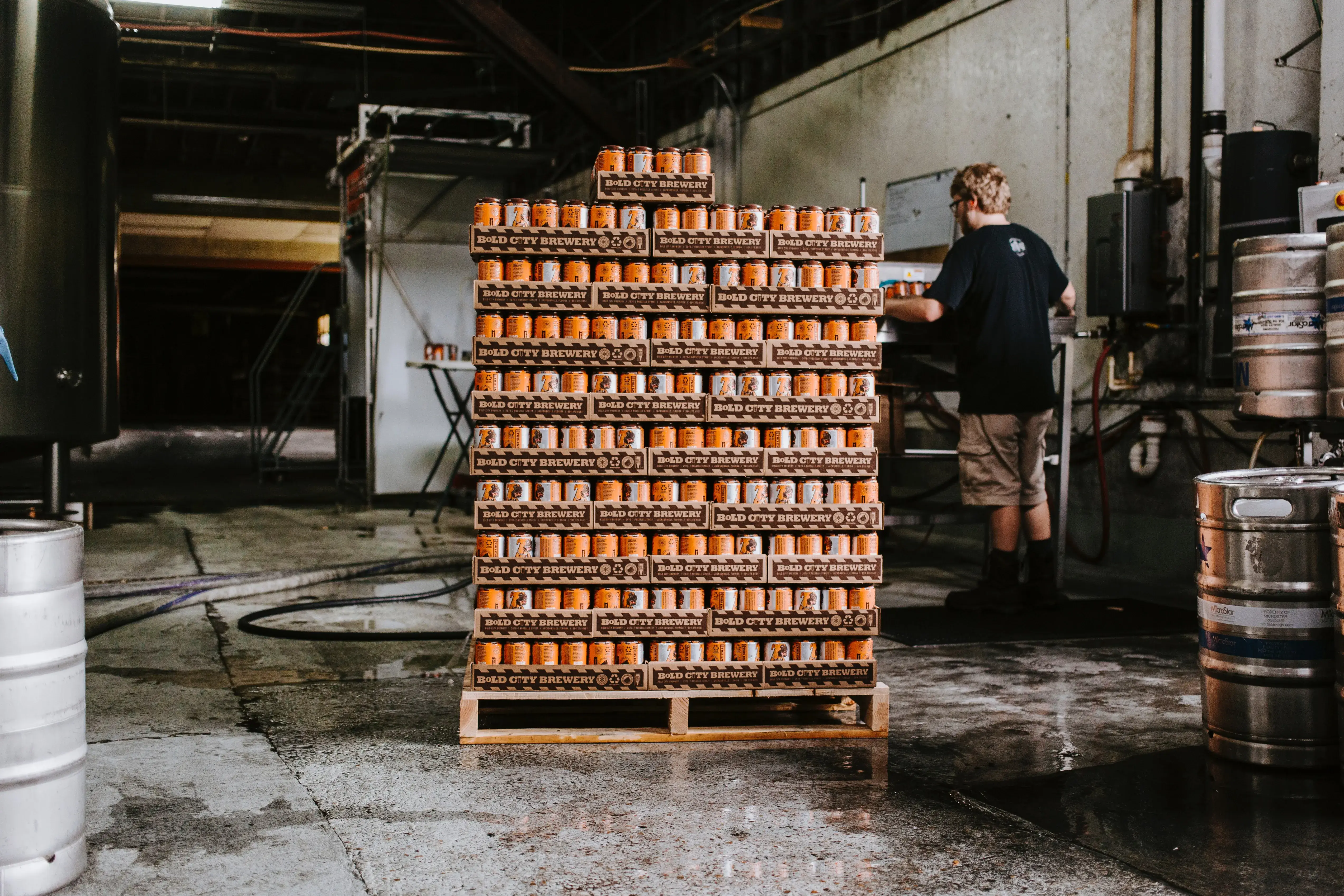
Source: Unsplash
1. Choose a niche.
When anyone mentions a brewery or a distillery, people tend to think of craft beer immediately.
However, these establishments make many different types of beverages. From beer to wine to kombucha, the industry has many different niches.
To build your business and establish yourself in a niche, you’ll need to choose one of these beverages and learn everything you can about it.
Even a master brewer doesn't specialize in every type of beer; they’ll stick to those in their niches or experiment using their expert knowledge.
2. Develop a strong stomach.
Working at a brewery or distillery may take a stronger stomach than you think. You’ll have to do tastings of new products regularly, will need to taste brews in various stages, and face all kinds of smells—not all of them pleasant.
While many people think they spend all day drinking beer, the beverages you consume are not always the ones you’d choose. You’ll need a good palate and a solid stomach to be successful.
3. Brewing is not glamorous.
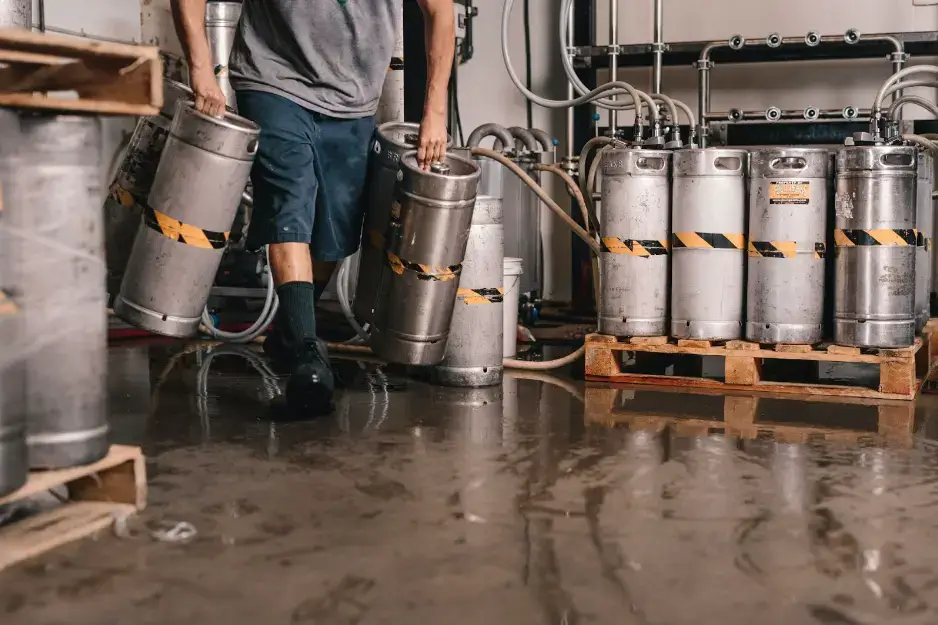
Source: Unsplash
Yes, the machines and technology inside any modern brewery are cutting-edge. They’re sleek, silver, and good-looking. But that doesn’t mean that the job of a brewer is glamorous.
You’ll be mashing, stomping, and getting your hands dirty most of the time. You’ll get sticky from the sugar, get hot from the equipment, and end up smelling like fermented hops or yeast.
4. There is lots of cleaning.
Many ingredients go into creating the perfect brew, and a lot of cleaning goes into it. Working in a brewery or distillery is like working in a commercial kitchen.
You’re creating a product for human consumption and must maintain hygiene standards accordingly. Every piece of equipment, the floors, walls, surface tops, ducts, ceilings, and windows must stay spotless.
5. Get a proper brewing education.
Brewing beer is a science and an art. If you’re opening your brewery, consider taking a brewing course beforehand to ensure your knowledge is up-to-date.
Plenty of in-person and online courses could help you achieve this dream. Consider it part of your business plan and incorporate your learnings into your road map for the future.
“I read every single book I could get my hands on, but beer is a business — it’s a trade, actually, I’ll call it a trade — and was something you could spend your whole life in and not learn everything there was to learn.” – Rob Tod – Founder of Allagash Brewing Company
6. There are many different types of brewing degrees.
If you want to become an expert in the field—more than just a typical brewer—some in-depth university courses focus on the process of brewing beers.
These include:
- General Certificate in Brewing (GCB)
- Practical Commercial Brewing Course
- Diploma in Brewing
7. Start in the taproom.
Your passion for brewing or distilling has led you to open your business, so you should be hands-on. This means working in the taproom and talking to your customers.
You’ll learn a lot from the feedback you get about your beer and can improve your small business from the ground up.
If you’ve been to bartending school, this will be a great help, as you’ll have a foundation to work from. If not, it may be a very steep learning curve.
8. Some of your brews will fail.
If you’re at the stage where you’re creating recipes and brewing beer, you’ll soon discover that not every beer brewed is a hit with customers.
Prepare to take the wins with the failures and to understand where you went wrong. Taste, a lack of marketing, targeting the wrong market, or simply making a very niche drink can all be issues.
9. Admin work is required.
You'd be wrong if you imagined brewing was about staring into tanks and testing beer. A large part of working in a brewery is admin.
There’s the cost of goods, budgets, researching new recipes and beverage trends, and a lot of other administration required.
As an entrepreneur, you should know that any business requires this—and a brewery is exactly that—a business that sells the beverages you create.
And yes, admin work can sometimes be overwhelming, especially for new brewers yet to gain a strong footing in the industry. This is where automation comes to your rescue.
With modern brewing solutions by the likes of getollie.com, you can streamline an array of day-to-day tasks from beer production and raw materials to inventory management and order processing on a single platform or interface.
10. You’ll need to market your beer and brewery online.
Brewing your beer and opening your brewery is only half the job.
To be successful, you need to market your establishment and your brand. This means you must build an online presence and create a digital marketing strategy.
Part of your strategy will be defining your buyer persona, identifying the audience you want to target online, and learning more about your buyers cycle.
You’ll need to conduct in-depth research to determine who your ideal customer is and how you can reach them most effectively on the platforms where they’re most active.
Your brand identity and persona will depend on your target audience, and you’ll shape your marketing material around the image you want to portray.
For example, if you’re preparing to launch your brewery, you can design a customizable grand opening flyer to announce the event. The flyer can be shared on social media platforms and even local community forums to attract your ideal customers and generate buzz around the opening day.
If you focus on small-batch brews using organic ingredients and target health-conscious millennials, this is what your marketing needs to reflect, and your brand persona must be based on.
You’ll also need to build your social media following on platforms like Facebook, TikTok, and Instagram.
Your budget may not initially allow you to hire a digital marketing professional, so you’ll need to create content, take photos, make videos, and engage with your target audience online.
You may also try guest blogging to raise brand awareness. This content will tie in with your brand persona and needs to be consistent in quality and brand message.
Must Love Beer
“I’ve had some great hits. I’ve had some bad misses. But I turned my hobby into a career. Isn’t that everyone’s dream?” – Brian “Spike” Buckowski - Terrapin co-founder and VP
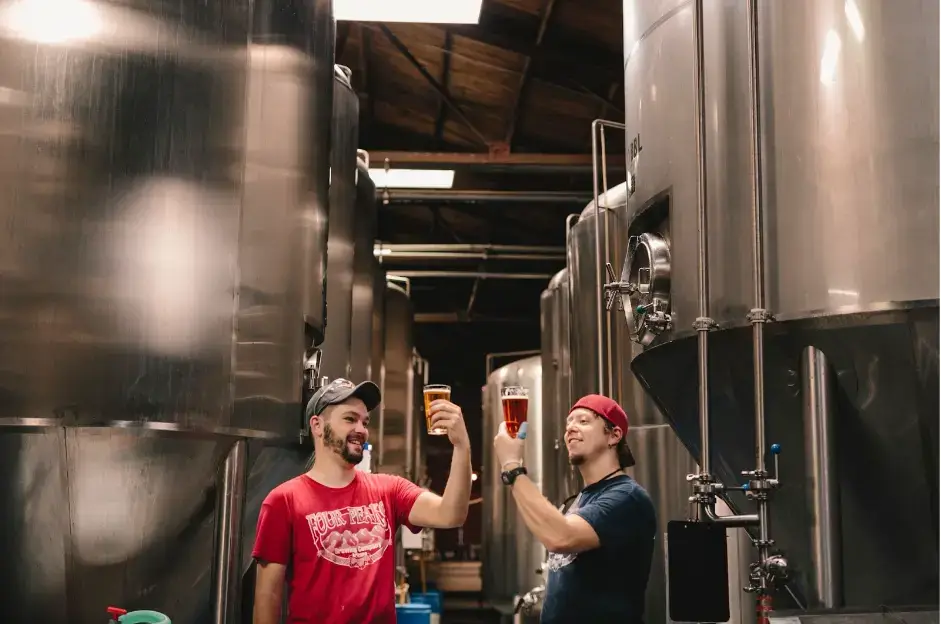
Source: Unsplash
When it comes down to it, working in a brewery or distillery requires dedication and passion, but there is no question that many of the hallmarks of running a small business still apply.
You won't thrive in this industry if you’re not interested in beverage production and brewing. However, if you are, there’s plenty of room to grow.

